Salem Faces Deadline Pressure, Begins Evaluation of American Recovery Plan Act Funding
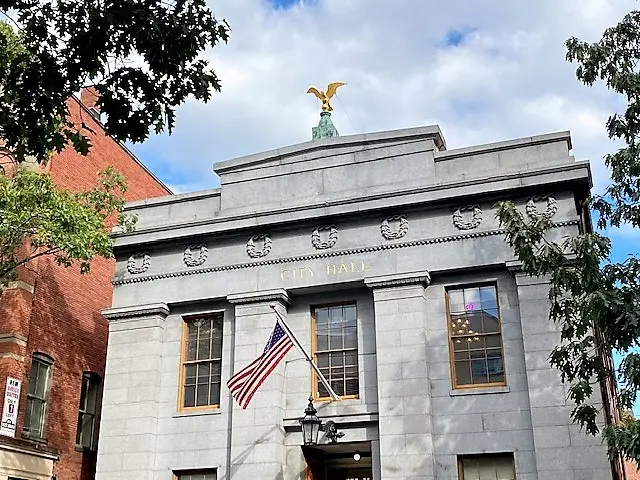
Out of Salem's $35 million ARPA funds, approximately $31 million has been assigned, but merely $4.5 million has been utilized thus far. Nick Downing, Salem's manager of capital planning and federal funds, emphasizes the importance of maximizing the allocation by investing in essential projects within the city, rather than letting the funds go unused.
As the deadline approaches in 18 months for allocating the American Rescue Plan Act funds to eligible projects, Salem officials will undertake a summer reassessment of their appropriations. The objective is to identify projects that can effectively utilize the funds before they expire.
During a meeting of the Salem City Council Committee of the Whole on Tuesday night, Nick Downing, the manager of capital planning and federal funds for the city, informed the council that out of the $35 million allotted to Salem, $31 million has been allocated but only approximately $4.5 million has been utilized thus far. Downing further expressed his anticipation that the upcoming reassessment process during the summer will involve reallocating funds from areas where they are not expected to be needed or utilized to projects where the funds can be spent more promptly.
Municipalities have until December 31, 2024, to definitively allocate funding for projects. Once allocated, the funds must be fully expended by December 31, 2026, or they will be forfeited.
"We aim to stay proactive and avoid any unpreparedness by the end of 2024," stated Downing. "Leaving funds unused is not our intention. Our priority is to invest these funds in essential projects that are necessary for the betterment of Salem.”
During the Kim Driscoll Administration, the city engaged in a series of public meetings to establish a prioritized list of eligible project categories and estimated the allocation of the $35 million funding ($27 million for the city and an additional $8 million designated for a non-existent county government system in Massachusetts). Furthermore, plans were implemented to review and reassess these funding priorities in July 2023, guaranteeing effective and timely utilization of the funds.
As an example, approximately $10 million was allocated for housing development programs within the city. However, to safeguard the utilization of these funds before they expire, the city established a deadline of June 2024 to evaluate the progress of these projects. In the event that a project faces delays beyond 2026, provisions are in place to recover and reallocate the funds, prioritizing projects that are in advanced stages of design or ready for implementation by the December 31, 2024 deadline.
Downing mentioned that there were additional allocations that might have been excessively funded, potentially leading to a surplus of available funds that can be reallocated to other projects.
As an example, the city designated $1 million for the purpose of providing incentives for the design and construction of accessory dwelling units, considering it a housing priority. However, according to Downing, as of this month, only approximately $150,000 of the allocated amount has been requested and approved.
Another budget allocation worth $3.5 million was set aside by the city for emergency COVID-19 relief in case there were subsequent waves of the pandemic. However, since such waves did not materialize and the national health emergency status expired in March, it is probable that this allocation will be reviewed and reconsidered.
Downing expressed his anticipation that the current amount of available funds, which stands at $4.5 million, will likely rise following the assessment that will take place in the middle of the year.
Downing mentioned that the public meetings regarding ARPA funding were temporarily halted during the winter in preparation for the special mayoral election. However, he stated that these meetings will soon recommence, with a highly probable schedule for one within the next two months.
A significant challenge posed by the ARPA project funding is the requirement to fully utilize the funds by 2026, without the ability to allocate them towards recurring expenses that would subsequently burden the municipal budget in the absence of alternative funding sources.
The expansion of the Salem Skipper municipal ride-sharing program serves as an illustration of a funded initiative that will require a sustainable funding source in the next three years for its continuation. "It's a highly regarded program that is well-received by the community," stated Downing. "However, operating costs are significant."
This is precisely why it presents challenges to allocate the funds towards hiring salaries that would subsequently require ongoing financial support once the funding expires, if the city or town decides to retain those employees and programs. Some of the capital programs earmarked for funding include enhancing accessibility for the Kernwood boat ramp in compliance with ADA guidelines, repairing the Salem Willows pier, advancing Phase II of the Palmer Cove Park project, and fixing the Witchcraft Heights playground.
Downing mentioned that additional infrastructure projects, such as water and sewer initiatives, may be considered for funding if funds become available later in the process, particularly as some of the original planned projects become unfeasible or unnecessary. "I have full confidence that we will utilize every last penny of the allocated funds," expressed Downing. "It's unlikely that we will receive this level of direct support from the federal government again in our lifetimes. With that comes numerous opportunities, and I am confident that we will successfully allocate and utilize the funds."
Categories
Recent Posts



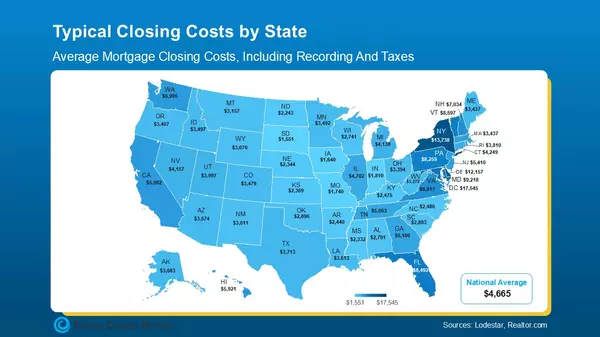



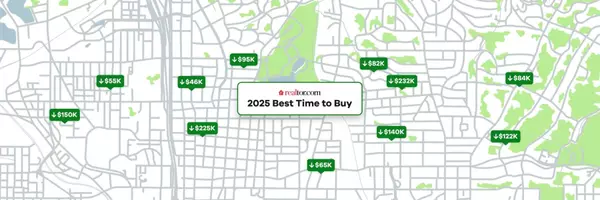
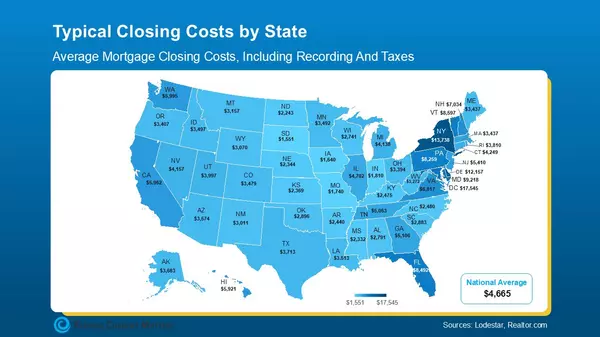
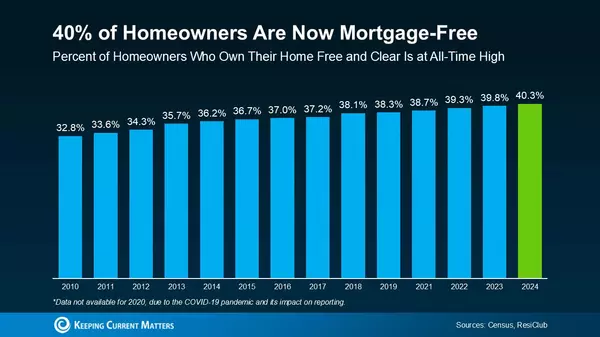
GET MORE INFORMATION


